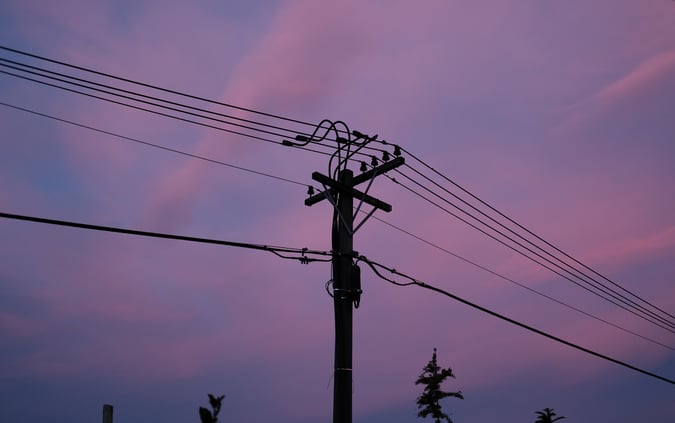Stupid happens.
When caught deceiving the public on your diesel product.
When caught providing your customer data to others.
When caught on video kicking passengers off your airline.
The ramifications are big:
- Sinking share value.
- Killer hits to the brand’s reputation.
- Decline in revenue.
Yet a few short years after the VW debacle, a year or so after one of several United Airlines crises, and seemingly only weeks after the never-ending Facebook data revelations, these companies have mostly made dramatic brand and revenue comebacks.
Why?
They eventually stepped up to their responsibility and apologized. One can argue with the sincerity and merits of some of these apologies, but the brands apologized nonetheless.
From breakdowns to breakthroughs. In fact, there are those who would say these situations are the catalyst for change—change that in the end will greatly benefit these companies.
Each company moved to seal the crack created in their brand value cup. Each one has brand value that could absorb this disruption, brand value that allowed customers with short attention spans to shift their perspective back positively toward the brand.
And these three stories—the VW story, the United story and the Facebook story—are similar to events that many other big brands have navigated. Think Uber, Pepsi, Ford, Tylenol, Audi, and on and on.
Yet utilities don’t get it.
The October gas crisis in Massachusetts revealed that the same does not hold true for utilities. Whether what goes wrong takes the form of a gas explosion, a major disruption to power from a storm, an employee strike, or a rate increase, there is no forgiveness toward utilities. Customers are ambivalent at best toward their utility. And some outright hate them.
Yet utilities are at the heart of our lives. Energy is at the heart of every small detail that provides us life. But like the air we breathe, customers just take it for granted. In fact, the only time they think about their energy is when the bill comes or the power goes out.
Utilities need to shift to building a positive brand value. Brand value that will enable them to navigate the speed bumps of their business. They need to stop looking through the rearview mirror and focus on what they are providing for their customers today and tomorrow.

As the world of energy is changing, utilities can and should reposition themselves as clean energy companies, a shift in perspective and position we have mentioned previously but that is worth underlining time and time again. Utilities should be recognized as companies that are at the heart of every aspect of our lives, focused on working toward a sustainable economic and environmental energy future for generations to come. Many are already contributing significantly to their communities and simply need to start better communicating all the positive initiatives they are undertaking.
Customers are lost in the energy world we are facing today. Whether it be through electric vehicles, new heating and cooling technology, or the multiple IoT devices beginning to dramatically change our lives, utilities have the opportunity to own a value positioning in this new world.
Customers can go to Amazon and buy many of the products that are on the market or will soon arrive on the market. But where can customers go to understand the shift taking place in the energy world, understand their options, understand products and services that will make their lives more comfortable and their future more resilient? It is not Amazon. In fact, if it were not for utilities, one could not even access Amazon.
Now is the time for utilities to step out of the shadows as big lumbering bureaucratic organizations, embrace their customers’ needs and wants, and provide leadership in this new energy age. Do not leave this opportunity solely to product companies such as Nest, Tesla or Amazon.
Moving intentionally to shift brand value will create the opportunity of increased revenue, profit, shareholder value, and long-term viability for the utility.
